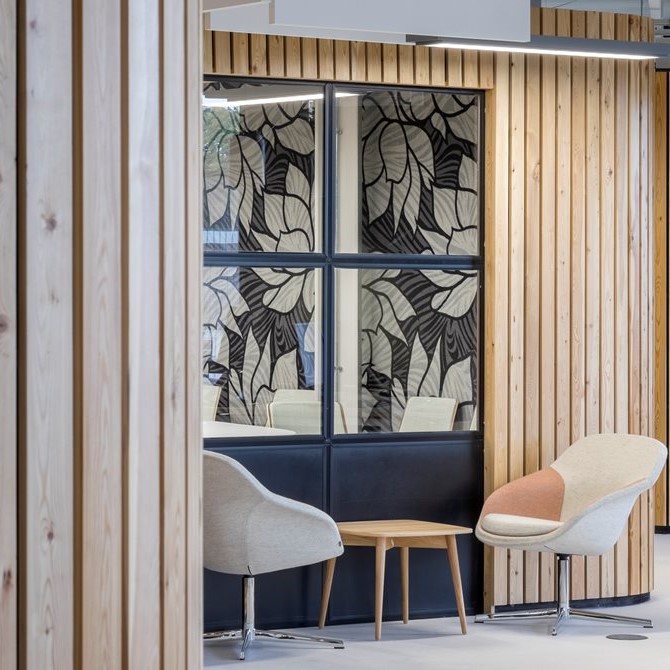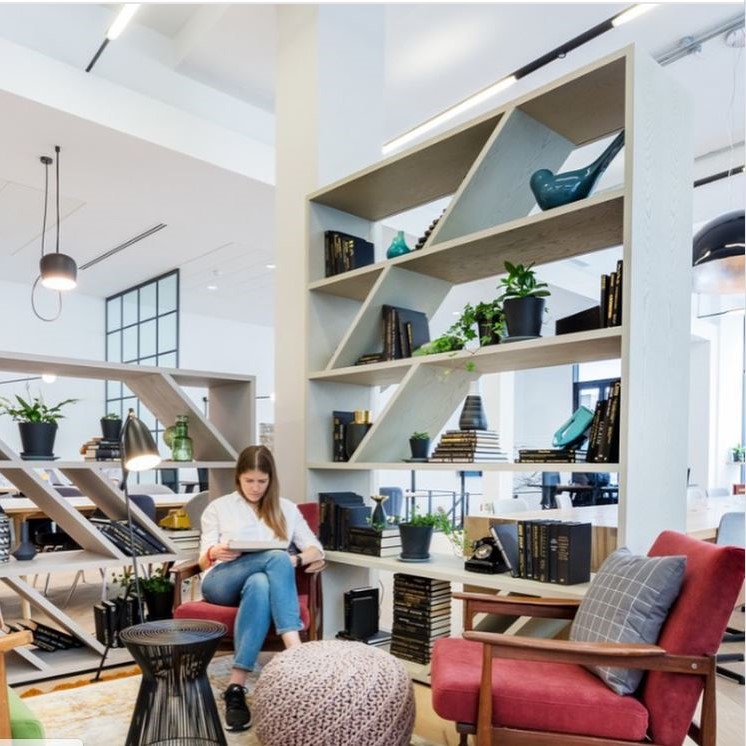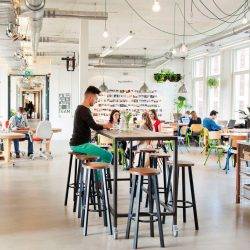To provide the best experiences, we use technologies like cookies to store and/or access device information. Consenting to these technologies will allow us to process data such as browsing behaviour or unique IDs on this site. Not consenting or withdrawing consent, may adversely affect certain features and functions.
The technical storage or access is strictly necessary for the legitimate purpose of enabling the use of a specific service explicitly requested by the subscriber or user, or for the sole purpose of carrying out the transmission of a communication over an electronic communications network.
The technical storage or access is necessary for the legitimate purpose of storing preferences that are not requested by the subscriber or user.
The technical storage or access that is used exclusively for statistical purposes.
The technical storage or access that is used exclusively for anonymous statistical purposes. Without a subpoena, voluntary compliance on the part of your Internet Service Provider, or additional records from a third party, information stored or retrieved for this purpose alone cannot usually be used to identify you.
The technical storage or access is required to create user profiles to send advertising, or to track the user on a website or across several websites for similar marketing purposes.
 The Agile Manifesto, published in 2001, signalled a shift in approach to workplace design as well as technology. Though the document was conceived as a guide to speeding up software development, its contents have gone on to inform how organisations think and operate in ways that extend far beyond IT. “Build projects around motivated individuals. Give them the environment and support they need, and trust them to get the job done.” That’s the fifth of 12 ‘principles’ in the manifesto. (more…)
The Agile Manifesto, published in 2001, signalled a shift in approach to workplace design as well as technology. Though the document was conceived as a guide to speeding up software development, its contents have gone on to inform how organisations think and operate in ways that extend far beyond IT. “Build projects around motivated individuals. Give them the environment and support they need, and trust them to get the job done.” That’s the fifth of 12 ‘principles’ in the manifesto. (more…)






 With studies claiming almost as many women with children (74.1 percent) participated in the labour force as women without, in 2014, women who are juggling careers and motherhood benefit from flexibility at work the most. Recent research claims women account for 40 percent or more of the total labour force in several countries, making flexible working hours, extended
With studies claiming almost as many women with children (74.1 percent) participated in the labour force as women without, in 2014, women who are juggling careers and motherhood benefit from flexibility at work the most. Recent research claims women account for 40 percent or more of the total labour force in several countries, making flexible working hours, extended 














 Hong Kong Central and London’s West End held onto their top spots in a ranking of the most expensive office market locations in the world at $322 and $220.70 per sq. ft. per year respectively according to the latest
Hong Kong Central and London’s West End held onto their top spots in a ranking of the most expensive office market locations in the world at $322 and $220.70 per sq. ft. per year respectively according to the latest 








August 16, 2019
Is London Smart City Initiative as smart as it could be?
by George Adams • Cities, Comment, Technology